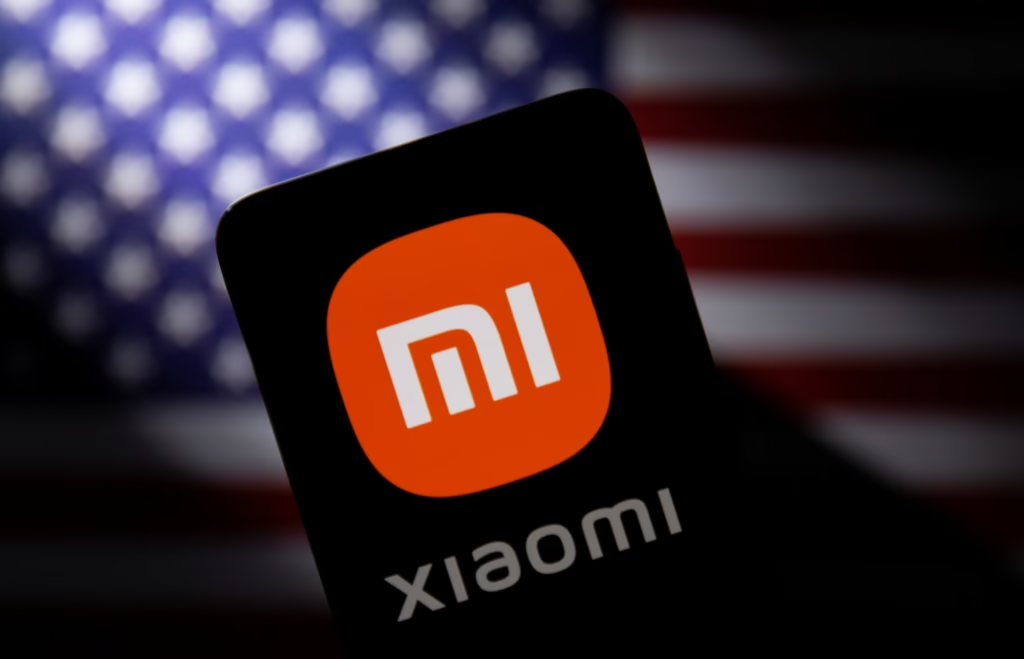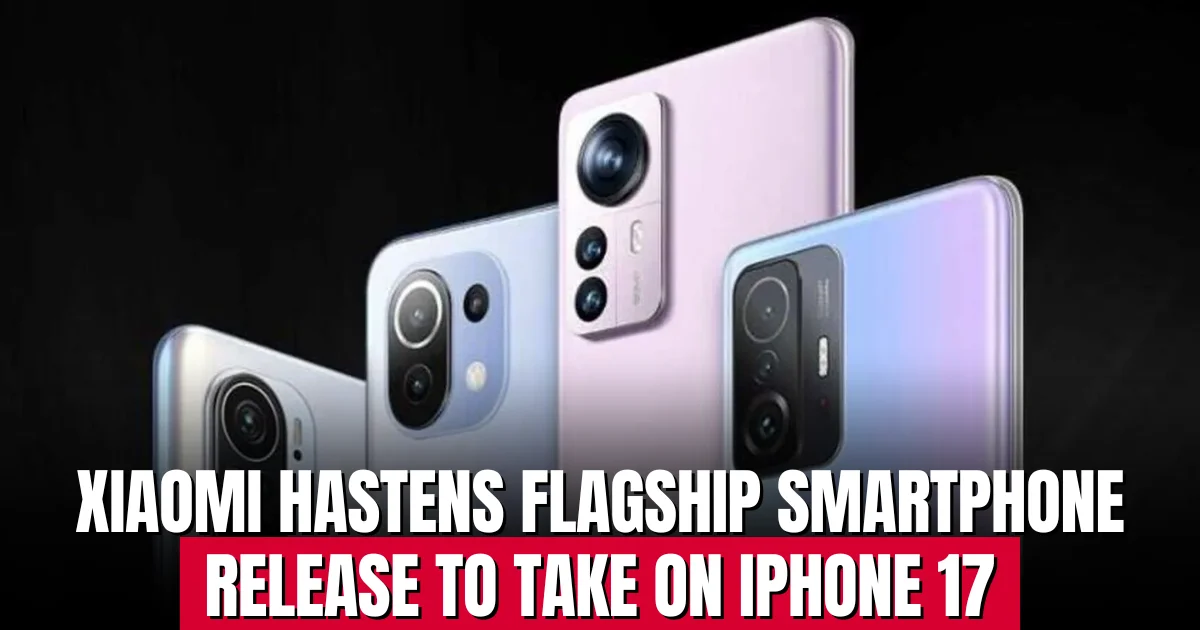Xiaomi skips the 16 series to launch the Xiaomi 17 Pro and 17 Pro Max early, directly challenging Apple’s iPhone 17 in the premium smartphone segment.
Table of Contents
Xiaomi Hastens Flagship Smartphone Release to Take On iPhone 17
Introduction
Xiaomi is shaking up the premium smartphone market with a bold move: launching its Xiaomi 17 Pro and 17 Pro Max ahead of schedule. The company has skipped the “16” lineup entirely to align its branding with Apple’s iPhone 17 series, signaling its ambition to go toe-to-toe with one of the most dominant players in the industry.
With Apple’s iPhone 17 going on sale globally this week, Xiaomi is pushing hard to prove it belongs in the same conversation as the world’s most coveted smartphone brand.
Xiaomi Skips the 16 Series to Match Apple

In a surprise move, Xiaomi has jumped directly from the Xiaomi 15 to the 17 series. By mirroring Apple’s model naming convention, Xiaomi is positioning its flagship line as a direct competitor to the iPhone 17.
Founder and CEO Lei Jun emphasized that Xiaomi wants its smartphones to be judged against Apple’s devices, which remain the benchmark in the premium segment.
Apple’s Stronghold in the Premium Market
Apple currently dominates the premium smartphone market (phones priced $600+), commanding a 62% global market share, according to Counterpoint Research.
By contrast, Xiaomi still holds only a fraction of that segment. However, the company saw 55% growth in premium sales during the first half of 2025, a sign that its strategy of moving beyond budget-friendly devices is gaining traction.
In China, Xiaomi stands a stronger chance: Apple’s iPhone Air has been delayed, giving Xiaomi an opportunity to seize domestic market share.
Xiaomi’s Premiumization Strategy

Xiaomi President Lu Weibing highlighted the brand’s five-year journey toward premiumization, stating:
“We started our premiumization strategy five years ago to learn from our greatest competitor, benchmarking ourselves against the iPhone. Apple is still outstanding. But we are highly confident we can face the challenge with the same generation of product.”
This move underscores Xiaomi’s long-term ambition to be recognized not just as a value-for-money brand, but as a serious contender in the flagship space.
Beyond Smartphones: Xiaomi’s Expanding Ambition
Xiaomi’s strategy isn’t limited to phones. The company has diversified into laptops, smart home appliances, luggage, and even electric vehicles (EVs).
Its EV business has been a surprising success, with shares in Hong Kong nearly tripling over the past year. With Apple having abandoned its own EV ambitions, Xiaomi appears emboldened to take risks in emerging sectors — a confidence now extending to its smartphone strategy.
Analyst Perspective
IDC analyst Bryan Ma noted:
“Jumping to the 17 series sounds like Xiaomi is confident enough to say that it can be as good as Apple, which is still held in high regard in China.”
In fact, 10% of Xiaomi’s smartphone shipments in China during the first half of 2025 were priced above $600 — a dramatic leap from virtually zero in 2019.
This signals a significant shift in Xiaomi’s brand perception and market positioning.
FAQs
Q1: Why did Xiaomi skip the 16 series?
Xiaomi jumped directly to the 17 series to align with Apple’s iPhone 17, symbolizing its intent to compete directly in the premium market.
Q2: How does Xiaomi’s premium market share compare to Apple?
Apple controls about 62% of global premium sales, while Xiaomi holds a small but growing share, expanding 55% in H1 2025.
Q3: What models are launching in the Xiaomi 17 series?
Xiaomi is set to launch the Xiaomi 17 Pro and Xiaomi 17 Pro Max, both designed to rival Apple’s latest iPhone Pro lineup.
Q4: Does Xiaomi have an edge in China over Apple?
Yes, with the iPhone Air delayed, Xiaomi has a stronger opportunity to capture more of China’s high-end smartphone segment.
Q5: How is Xiaomi’s EV business connected to this move?
Xiaomi’s success in EVs has boosted investor confidence, signaling the brand’s readiness to challenge established players across industries, including Apple in smartphones.
Conclusion
By fast-tracking the Xiaomi 17 Pro launch and aligning with Apple’s naming convention, Xiaomi is making its boldest play yet in the premium smartphone market. While Apple still dominates globally, Xiaomi’s rapid growth, strong footing in China, and diversified success in EVs could reshape the competitive landscape.
The battle of Xiaomi 17 vs iPhone 17 isn’t just about smartphones — it’s about the future of brand dominance in the tech world.
